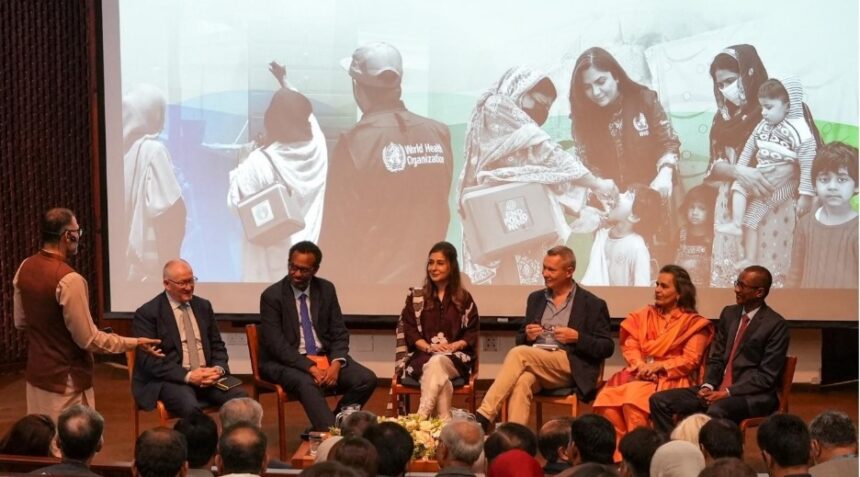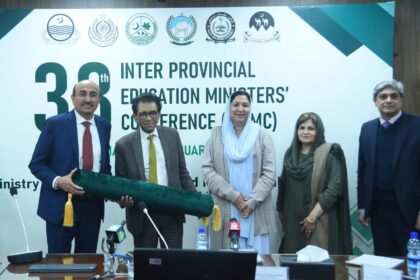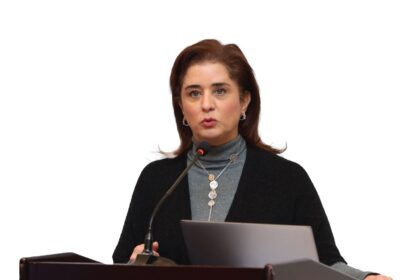International and national specialists convened by the World Health Organization and Aga Khan University in Karachi agreed that polio eradication in Pakistan and worldwide is within reach, while warning that the recent detection of poliovirus in Germany underlines the consequences of scaling back efforts.
Speakers highlighted that the Pakistan Polio Eradication Initiative has achieved a 99.6 percent reduction in cases over three decades, falling from roughly 20 000 annual cases to 74 in 2024 and 30 cases so far in 2025, evidence that vaccines and sustained campaigns save lives.
The panel discussion titled the last mile to polio eradication was moderated by Dr Ali Faisal Saleem and drew more than 400 in-person and online participants including health authorities, clinicians and students. WHO Representative Dr Luo Dapeng stressed that eradication of polio forever is a realistic scientific goal and that the virus respects no borders, so continuing the fight is essential.
State Health Minister of Sindh Azra Fazal Pechuho underlined that this last mile requires collective support, while the Prime Minister Focal Person for Polio Eradication Ayesha Raza Farooq noted that since 1994 Pakistan has slashed disease burden by 99.6 percent, eliminated two of three wild poliovirus strains and built a sophisticated network of emergency operation centres and surveillance to stay ahead of the virus.
Senior technical leaders reinforced that the medical evidence is clear and the tools are stronger than ever. WHO polio officials highlighted higher sensitivity in surveillance and improved laboratory and sequencing capacity, and noted that countries with tough geographies have shown eradication is achievable when vaccination and operations are sustained.
Local experts recalled the human cost of polio and urged perseverance. A senior paediatric neurologist compared the final push to the toughest stretch of a marathon and warned that giving up now would risk a return of paralysis and death. A former global chief scientist described eradication as a struggle that cannot be abandoned even when cases are few, given the virus persistence.
Representatives of Rotary and other long standing partners reiterated their commitment after four decades of work, noting that surveillance in Pakistan and Afghanistan is now highly sensitive and that partners will remain engaged until the job is done.
Speakers closed by calling for renewed partnership between government, communities and development institutions, and for continued investment in vaccination, surveillance and community engagement so that polio eradication is completed in Pakistan and contributes decisively to a polio free world.











